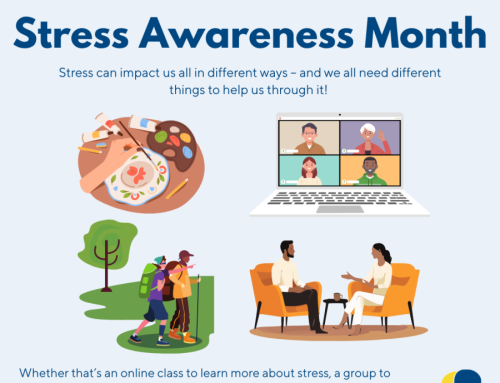When is Ramadan?
The Islamic calendar is calculated according to the lunar cycles, so the month of Ramadan begins when the new moon is sighted. As a result, the start and finish times change from year-to-year, usually advancing 10 days earlier every year.
Ramadan lasts for 29-30 days and ends with the celebration of Eid-ul-Fitr. This year Ramadan is due predicted to start on 2nd April and will last until the next crescent moon possibly on 1st May.
What is Eid-ul-Fitr?
Eid-al-Fitr (also written and pronounced as Eid-ul-Fitr) is the first of two Eids of the Islamic (lunar) calendar year. It rounds off the month of Ramadan, which Muslims observe every year to acknowledge Allah’s revelation of the Quran to the Prophet Muhammad (PBUH). Eid ul Fitr comes after the holy month of Ramadan, when many Muslims will not eat or drink during the daytime for a 29- or 30-day period. It’s part of Sawm (fasting) commitment, one of the five pillars of Islam.
The holiday Eid ul Fitr is all about the breaking of the dawn-to-dusk fast and is celebrated on the first day of Shawwal (the 10th month). It falls approximately 11 days earlier than the one the previous year when following the Gregorian (solar) calendar.
When is Eid-al-Fitr?
The exact date is never certain far in advance, as religious authorities in various countries rely on the sighting of the Eid crescent moon to announce when it will officially begin. It can be delayed by a day if the sky is too bright when the moon is out, or if clouds obstruct it. This is also the reason Ramadan can start on different days in different parts of the world.
People are not allowed to fast on this day of the year, even if they want to continue.
Not to be confused with Eid-al-Adha – Eid ul Adha is the second Eid celebrated by Muslims and is in the 12 month of the Islamic calendar usually approximately 10 weeks after Eid ul Fitr.
Eid ul Adha marks the story that involved the journey taken by the prophet Ibrahim and his son Ismail. This has since become what is known as the pilgrimage to Mecca – one of the pillars in Islam that many Muslims around the world undertake once in their lifetime if they have the means and capacity to do so.
What does the ‘Eid Mubarak’ greeting mean?
You’ll hear Muslims wishing each other ‘Eid Mubarak’, which refers to having a blessed day during Eid. It is said on both Eid days and is the expected greeting when meeting a fellow Muslim for the first time on Eid. Many non-Muslims who are familiar with the phrase and meaning of it also offer ‘Eid Mubarak’ as a greeting on this day when they see Muslim friends and colleagues.
How to support colleagues who are fasting?
- Don’t make assumptions about who may be fasting.
- Observing Ramadan may not be noticeable especially whilst staff are working from home. So allow space for colleagues to make you aware if they are fasting.
- If you are a manager supporting someone who is fasting have some one to one time before Ramadan starts to discuss reasonable adjustments.
- These may include flexible working hours, using toil, taking paid and/or unpaid leave and having time during the day to complete prayers.
- Try not to organise mandatory meetings at the end of the day as colleagues who are fasting may be lacking energy levels.
- Be respectful about eating and drinking around colleagues who are fasting. They will not mind you eating your lunch Infront of them but don’t continuously ask if they want a brew as they cannot even have fluids whilst fasting.
- Staff may not be able to give specific dates for leave requests for Eid so be flexible where possible to accommodate requests.
- Lastly educate yourselves, ask your Muslim colleagues about Ramadan and how best to support them during this holy month.





